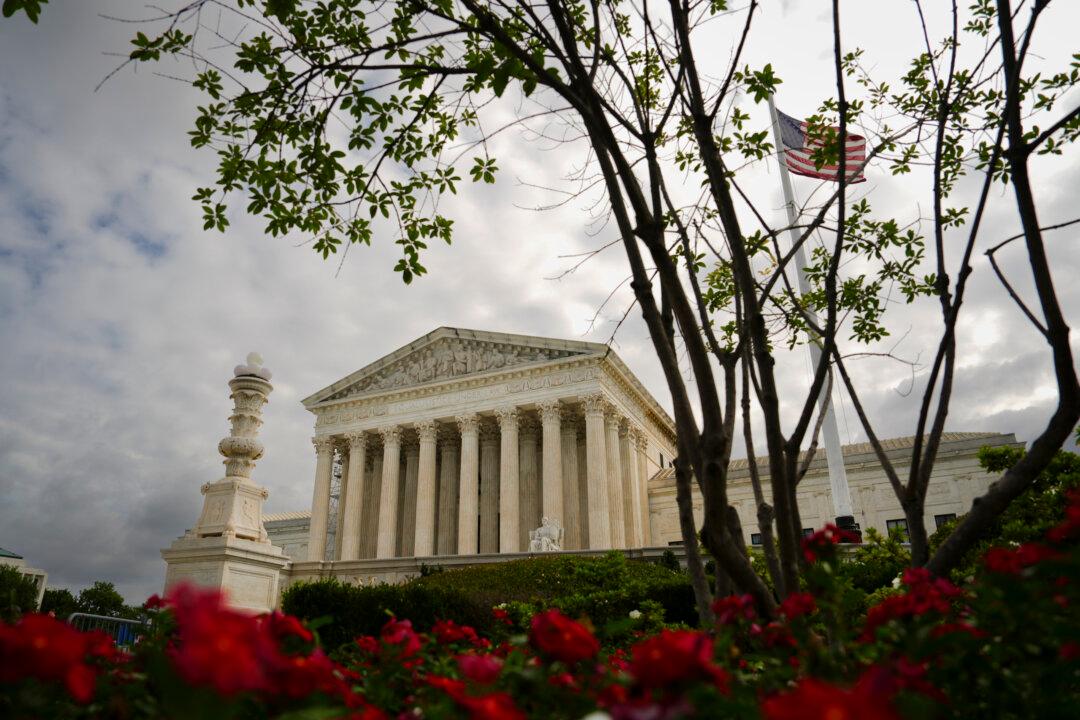The U.S. Supreme Court declined to take up an appeal on Monday from a pro-life group that a jury found broke the law when it surreptitiously recorded Planned Parenthood employees.
The high court’s denial follows a 2022 ruling by the 9th U.S. Circuit Court of Appeals upholding most of the damages that a lower court awarded to Planned Parenthood in its lawsuit against the California-based Center for Medical Progress and its founder, David Daleiden.





